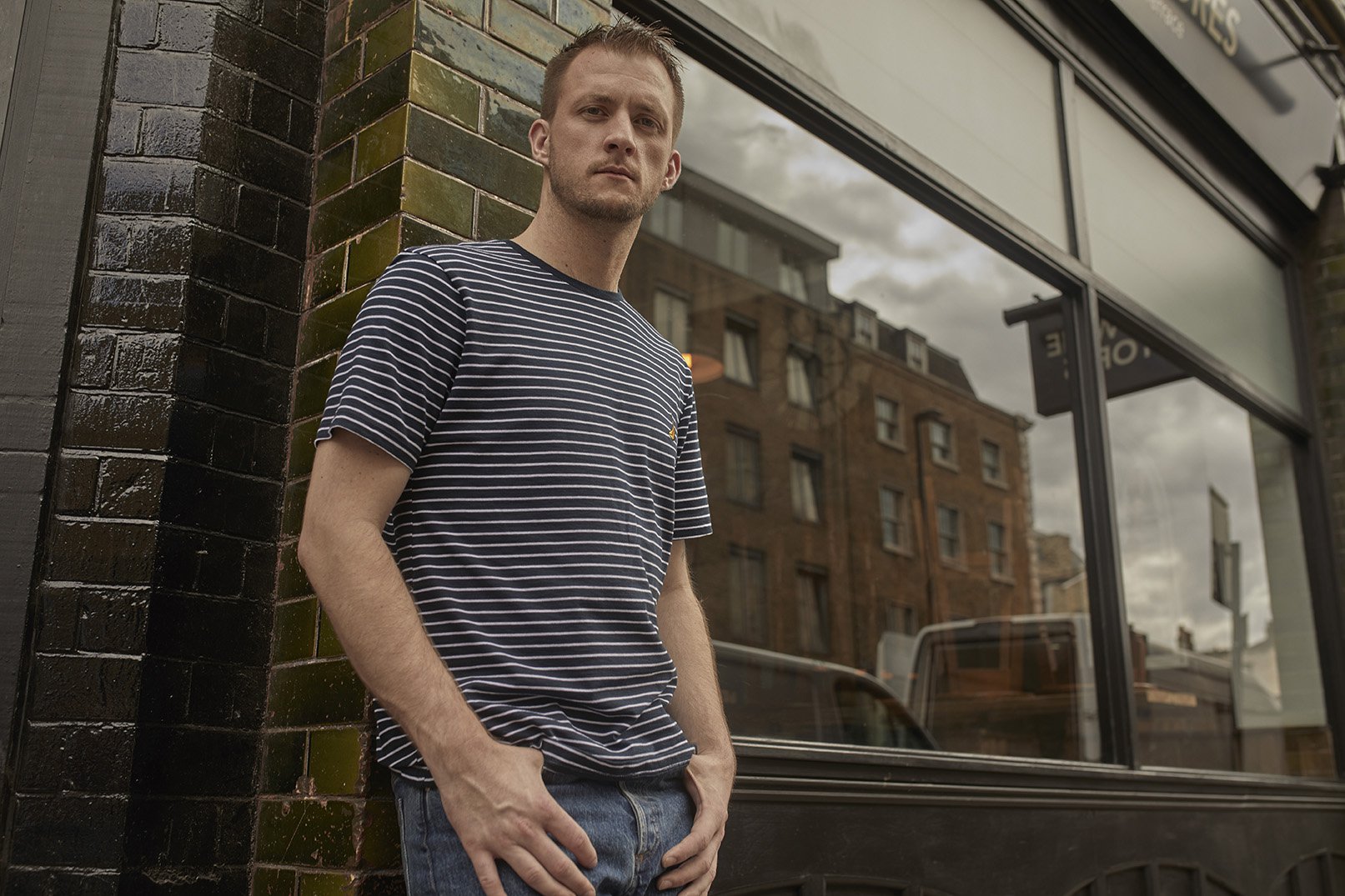EXCLUSIVE: Former British soldier James Wharton opens up about addiction: “Chemsex culture is now gay culture”

James Wharton, a former member of the British Army who rose to prominence after the release of his 2014 memoir Out in the Army: My life as a gay soldier, has argued that chemsex is one of the defining features of gay culture.
Attitude’s Editor-in-Chief Matt Cain interviewed James ahead of the release of his new book Something for the Weekend, which chronicles James’ experiences with drugs and chemsex when he moved to London after splitting from his husband.
Matt and James engage a candid discussion about James’ drug use, the chemsex scene, and whether it is offensive to claim that ‘chemsex culture is now gay culture’.
Read an exclusive extract from the interview below:

Matt: The government has announced that there’s a government initiative to tackle chemsex, what do you think about it?
James: I think a lot of the language used today to describe this new funding that is going to come in is very problematic, I think the money is being pushed towards law enforcement and discipline and that’s not the answer. This country, again and again, treats drug use in an opposite way to the advice of all the big players – the United Nations say that the way to tackle drug abuse is not law enforcement, but it’s actually by on the ground initiatives at a community level that educate and bring people out of that world without putting the weight of the law on people’s shoulders.
So two things: I think it’s great that there’s a discussion at government level about things like chemsex, I’m just disappointed that the money that they’ve highlighted and found to tackle this issue seems to be being pushed towards law enforcement and that’s not the answer to tackling drugs, certainly not the answer to tackling chemsex.
M: You say in the book: “Chemsex culture is now gay culture.” That’s a controversial statement that is going to offend a lot of people. Can you defend it?
J: Absolutely. I can click on my Grindr right now and I can see a number of different groups of people. I can see people who are advertising, willingly looking, to find a situation where they can go and have drugs and sex in a chemsex situation. Then I can find other people who are actively putting in their profile information that they’re not looking for drugs. You’ve only got about four lines of space to put nice information about yourself on Grindr yet so many people decide to put “no drugs”, “not looking for H&H”, “don’t talk to me if you’re into drugs”. There obviously is a reason why people are doing that, and it’s fine if people don’t want to be involved with drugs or be involved in a chemsex situation, of course that’s absolutely fantastic. But if they’re going out of their way in that few seconds of opportunity they’ve got to talk about who they are and what they’re looking for, if they’re putting into that drugs, obviously drugs are evident in so many more circles than perhaps want to talk about it.
What I will say as well, drug use has always been part of gay culture; let’s not beat around the bush on that. In the 80s, it was party drugs, it was dancing clubs and nightclubs, and so it was in the 90s. What we’ve got, the evolution of these three key drugs that are paramount to chemsex culture, the popularity and the ease in which they can be sourced and the cheapness of them has made them go big time. Then that’s coupled with technology that facilitates this like Grindr, like getting an Uber, like being able to put money in people’s accounts immediately.

M: But when you say chemsex culture is gay culture, the suggestion that some people will object to is that chemsex culture is something that defines us as a community and a lot of people will object to that.
J: I think chemsex is absolutely one of the things that define us as a community today in this country. You can turn the other way and box chemsex users in their own group and say “they’re not part of us” – it’s absolutely not true. Everybody knows somebody who is involved in chemsex. Now chemsex doesn’t have to be inviting ten people over to your living room and having a party where everybody fucks each other, chemsex can be a couple who decide to get high ahead of having sex, and then they have sex while high. That is chemsex by definition.
Chemsex culture is so firmly rooted and embedded in today’s gay culture that I think it is absolutely correct to say chemsex culture is gay culture.
Read the rest of James’ interview in the September issue of Attitude – out August 17.
